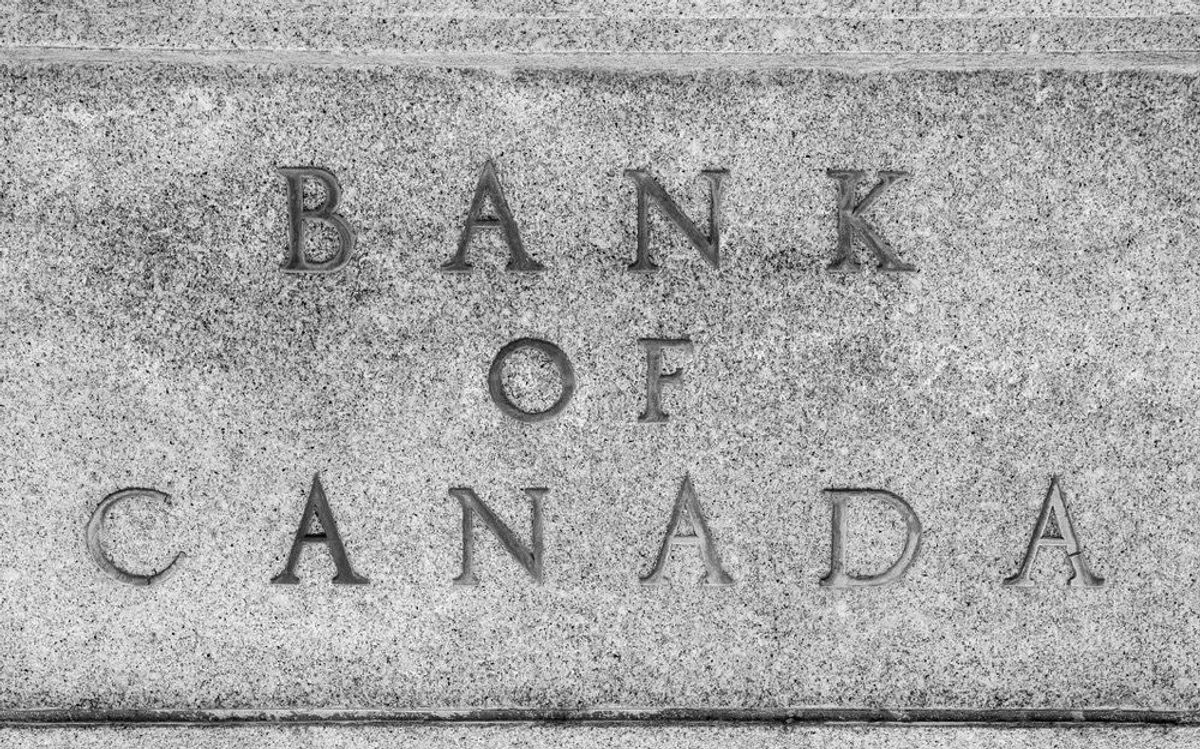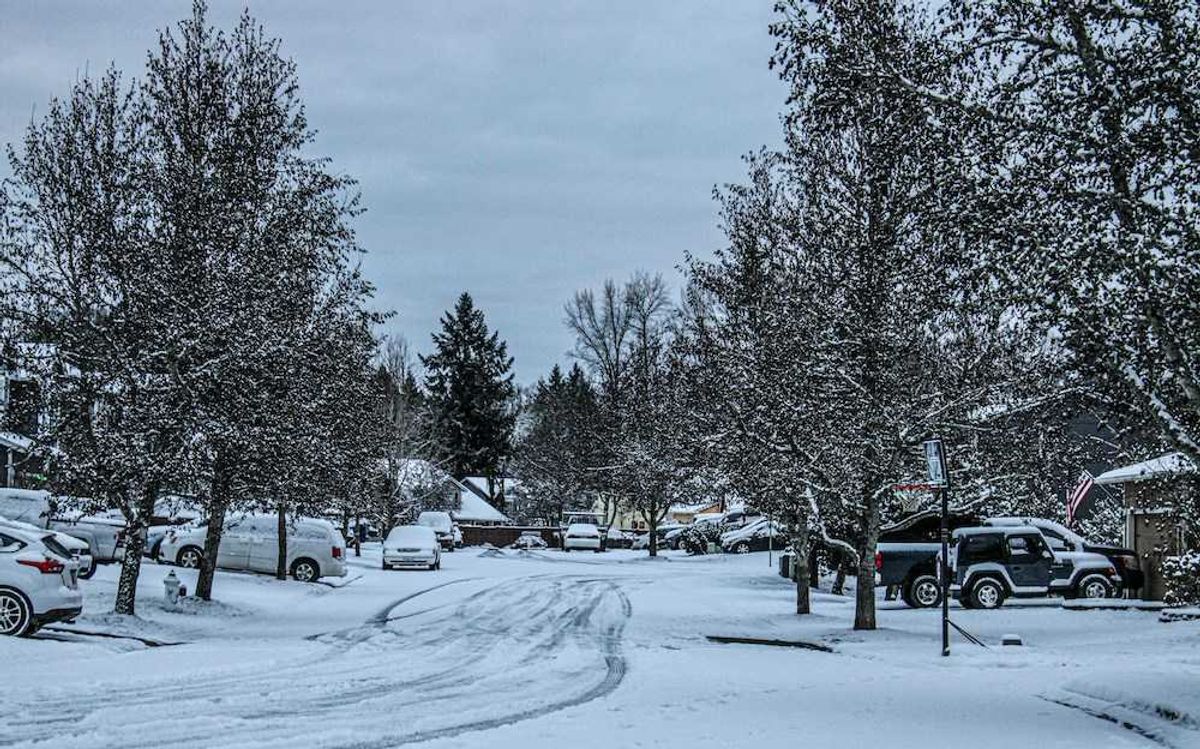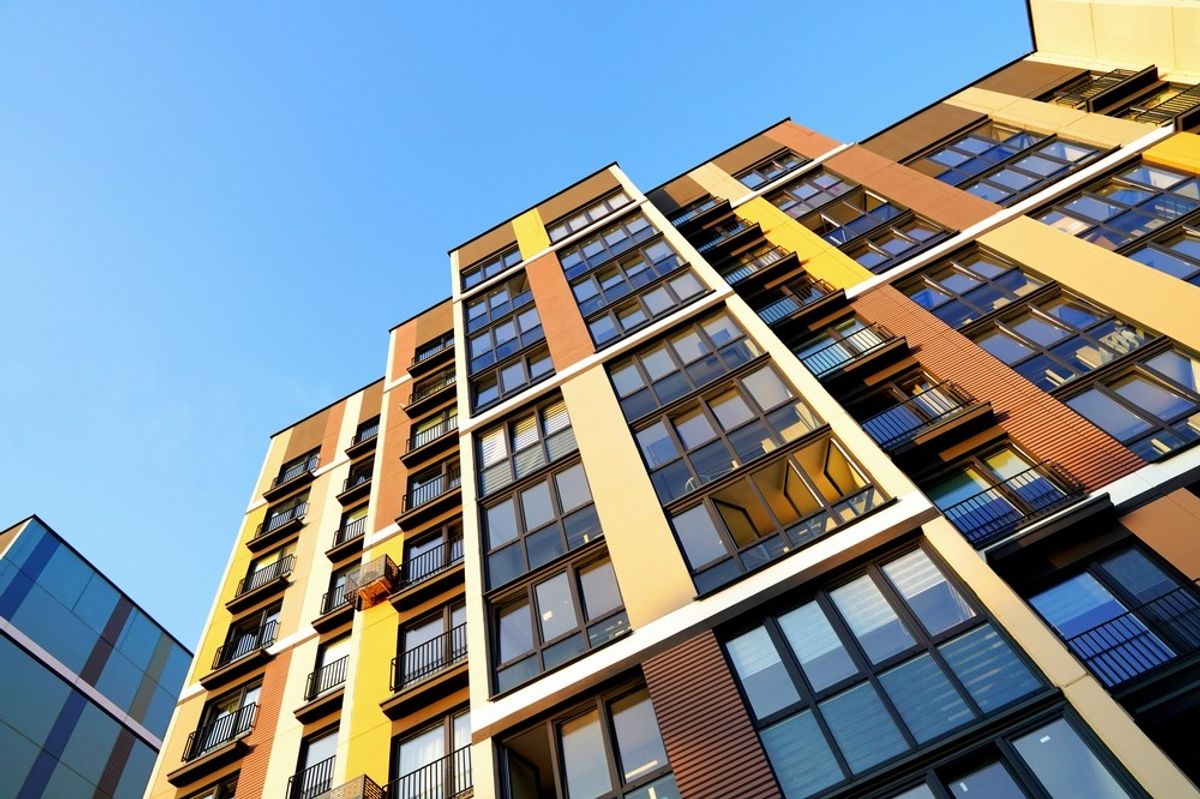It’s been established that Toronto’s real estate market is, by and large, buoyed by seemingly indomitable fundamentals rather than being propelled by irrational exuberance -- although those signs do exist -- but with such enormous valuation increases, there’s a persistent feeling that everything inevitably has to come crashing down.
“If prices doubled in seven years, that’s about 10% a year,” Scott Ingram, a realtor and chartered accountant in Toronto, said. “The Toronto and Vancouver markets have become more detached from the traditional fundamentals. We’ve been in a historically low interest rate period for the last seven years. Money is cheaper and people are throwing it into housing.”
Toronto and Dallas-Fort Worth keep jockeying for the mantle of North America’s fastest growing city, and with arguably the most imperative fundamental, population growth, showing nary a sign of abating, the city’s well-documented supply and demand imbalance will persist. That resultantly means housing prices will keep escalating, but doesn’t logic dictate that there has to be a cap?
To elucidate how much prices have surged in under a decade, Ingram noted that even if Toronto’s housing values plummeted by 50%, they would merely return to 2014 prices.
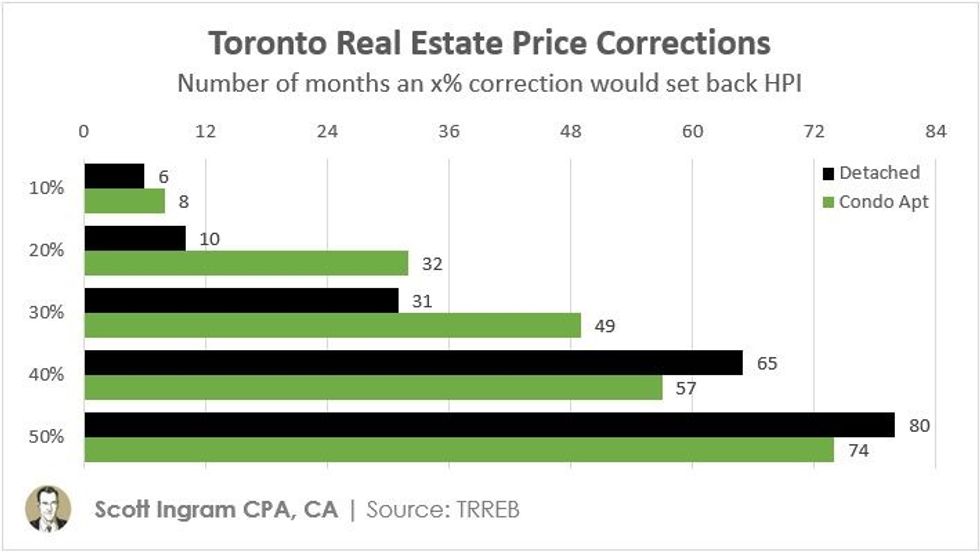
“Either prices drop or incomes go up. Maybe prices go sideways for a while, but it would take a long time for incomes to catch up,” Ingram said. “The long-term average growth rate over 20 years for houses is 8% and for condos it’s 7%, and if it’s running higher than that there will likely be some regression to the mean. Right now, the five-year condo rate is 10.36%, which isn't sustainable.
“The other thing, too, that throws us off a bit is when foreign money comes into the market. You’re looking at local prices and local incomes, but what if it’s not local incomes that are being used to buy? What if it’s rich people from other parts of the world who buy real estate here, whether they live here or not? That partially explains why prices have become detached from local incomes.”
The Toronto Regional Real Estate Board’s latest statistics showed that detached home prices rose by 27.7% year-over-year in October to an average of $1,540,432, however, Ingram added that, in addition to bidding wars, there are other cumulative reasons for rapid price appreciation.
"Take a $1.6 million house and sell it and move to another $1.6 million house. The provincial and municipal transfer taxes in Toronto are about $57,000, and if you pay 5% commission on your $1.6 million sale, that's $80,000, so with lawyer and mover fees you're at about $140,000 to move. I see more people putting that money towards improving their current houses and staying put. This is contributing to the supply and demand imbalance, putting upward pressures on prices."
Although that may explain why Toronto’s housing prices are exorbitant, the underlying fundamentals do not appear compromised. In fact, for fundamentals to evaporate to such a degree that Toronto’s housing market would crash, several scenarios would have to occur concurrently, which Robert Hogue, Senior Economist at RBC Economics, says is unlikely.
“You would need a combination of factors, one being demographics -- you would have to see immigration collapse, for example, at the same time as you would have soaring interest rate, at the same time as you would have a huge building boom that created surplus housing,” he said. “It would take that sort of combination.”
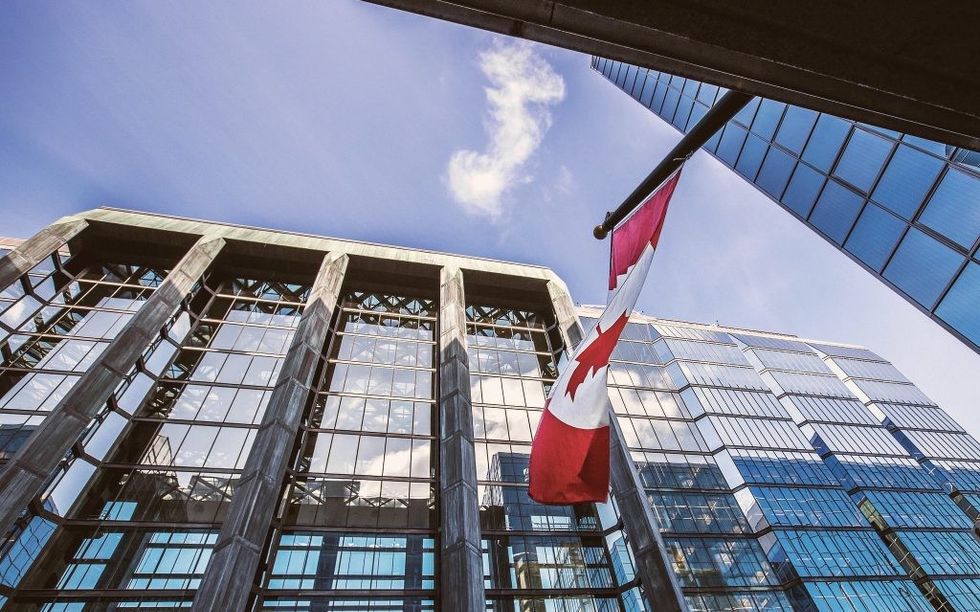
Then again, stranger things have happened.
“After we went through a pandemic, I’d say everything is a possibility, but it’s a question of probability, and the probability of this is very small at this point. But it’s not impossible to imagine scenarios in which you’d end up in that situation.”
However, inflation looms large and Hogue says it isn’t inconceivable that Canada’s central bank might countervail by hiking interest rates ahead of schedule. If that happened, the housing market would be shaken, but not tripped, he added.
Hogue moreover surmises that the frenetic activity in Toronto’s housing market this fall could be attributed to buyers anticipating rate hikes and locking in more favourable interest rates while they can. Whatever their reasons, such behaviour bespeaks exuberance, irrational or otherwise.
“We saw a moderation through the summer, so our view is that the market is starting to calm down and behave more rationally, but in September, and especially in October, the early numbers indicate there are still a lot of bidding wars out there producing significant price increases, which is still symptomatic of a certain degree of exuberance out there in the market,” Hogue said. “There might be a little bit of overpricing, but given the fundamentals, it’s fair to expect home prices would be strong and high in the GTA. If there was concern about a bubble, there would have been concern for the last 15 years, but we haven’t seen a market crash, so there’s something fundamental. A lot of market participants truly believe this is a well-supported market.”



















